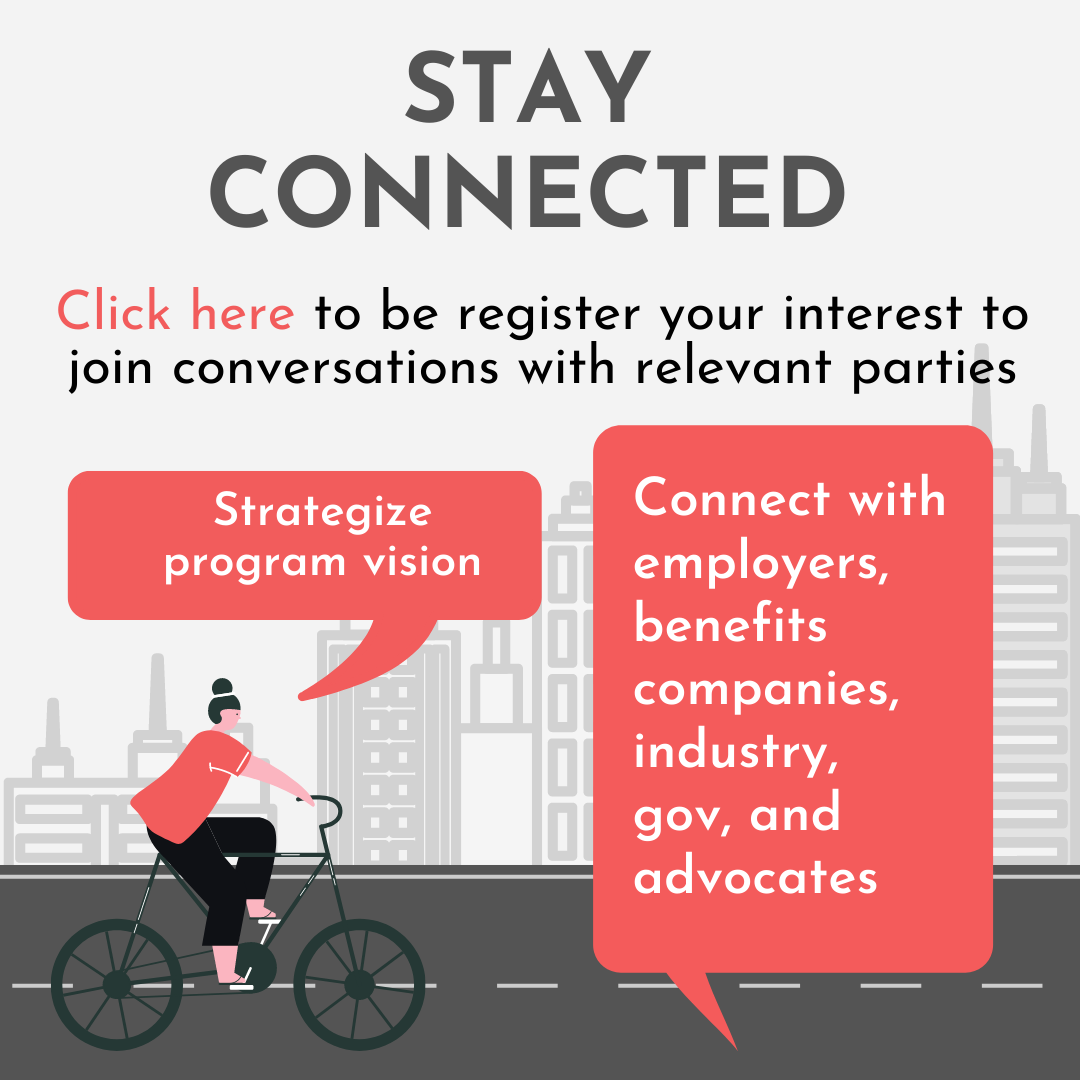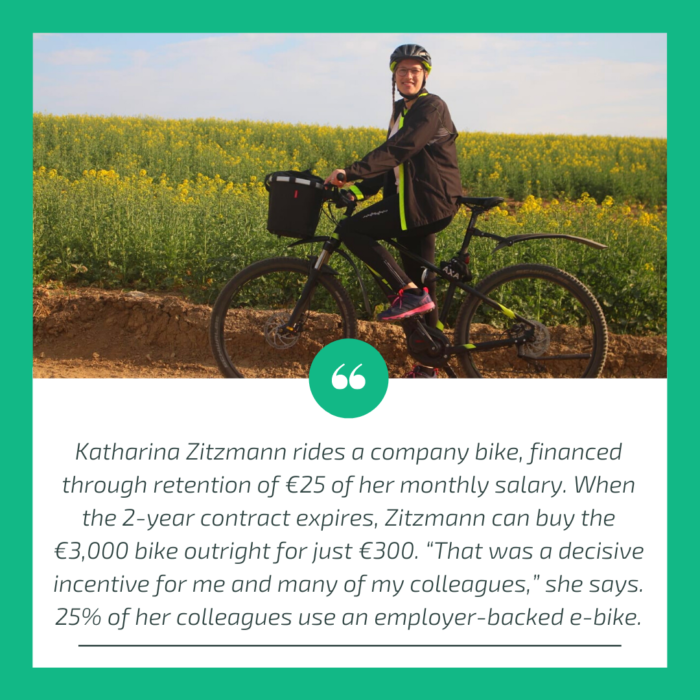CycleBack NYC: Scaling Employer-Based Bike Access
Cycling as a commuter option is growing rapidly, and New York City seeks to build on this momentum by introducing a new affordable way for New Yorkers to obtain bicycles. Employer bicycle leasing in Europe has allowed employees to obtain a new bicycle as a fringe benefit and repay through a monthly salary deduction. Employers partner with a third-party benefits administrator to provide the service. Programs like this are really successful in Europe, and encourage healthier and more sustainable commutes, businesses, and communities.
Register Your Interest
Following our successful Concept Showcase event in September 2021, CycleBack is committed to connecting employers, benefits companies, industry, government, and advocates in a matchmaking and program-starting effort. Confirm your interest in continuing to participate in these conversations here.
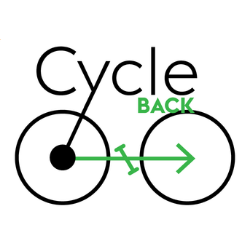
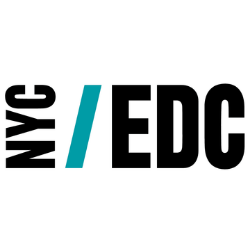

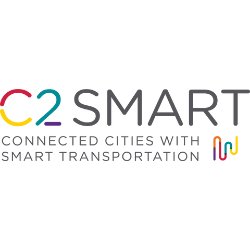
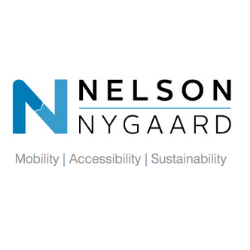
Why employer-based bike access?
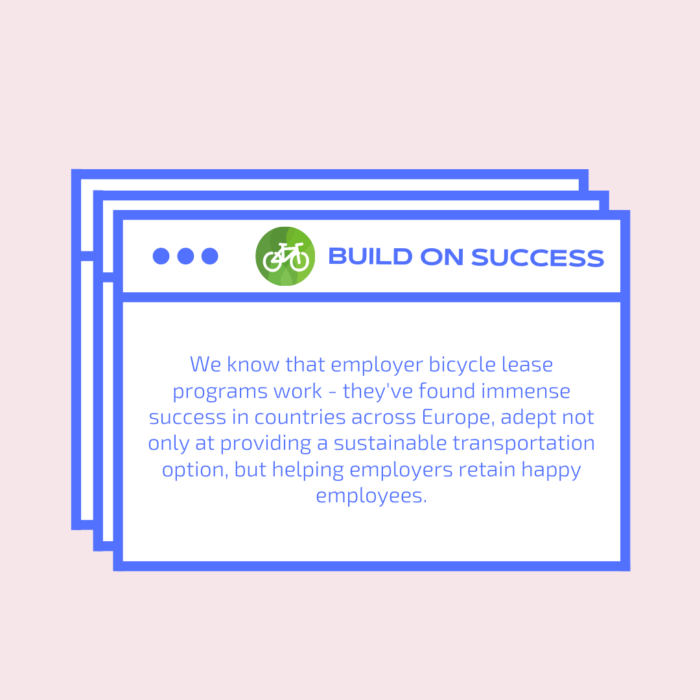
Eases bike access
A new well-made bike or e-scooter costs $400-$700+ and an e-bike costs $1,000-$3,000+. Employer bicycle leasing programs allow the employees to pay off the cost via low monthly paycheck deductions.
Supports employee attraction, retention, and return to work
Bike access makes employees want to commute and demonstrates employer values.
Opens opportunity for lower costs
Employers can sponsor discounts and discounts are also possible via tax savings, bulk prices, rebates, or below-market financing.
Investors are aligned
The US bike industry and European companies are interested in developing this mechanism here.
Employer Bicycle Leasing: the German model
In Europe, employers work with a third-party benefits provider to provide employees a lease-to-own bicycle. This model can be adapted to NYC.
An employee can select any new bike to purchase, register with the benefit provider during check out, and take the bike home without upfront payment. Monthly payments are deducted from their paycheck.
An employee benefit administration company manages the process: providing limited selection or wider access via local and online shops, sometimes with packaged maintenance, accessories, or theft insurance.
This service can be of little cost to the employer, which may front the initial bike purchase but recoup the expense during the employee’s lease term.
Employers can also choose to subsidize or fully cover the bike purchase. Leasing programs can incorporate government bike rebates should pending legislation pass.
Why this model
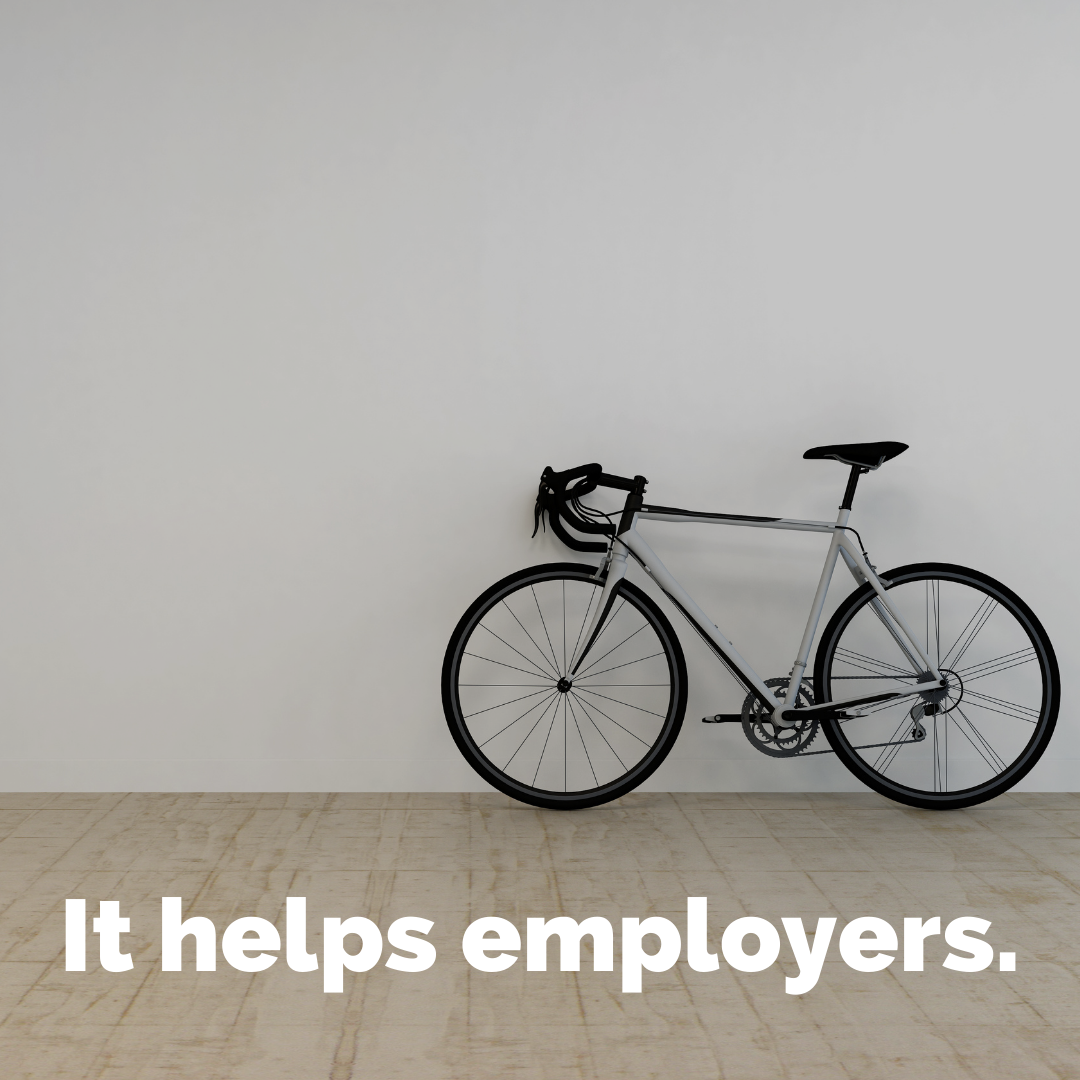
Workforce health
Attraction + retention
Sustainability goals
Cost reduction

Cheaper and easier access
Higher commuting satisfaction
Healthier lifestyle

Drives industry sales and mode adoption
High growth business evidenced by European experience
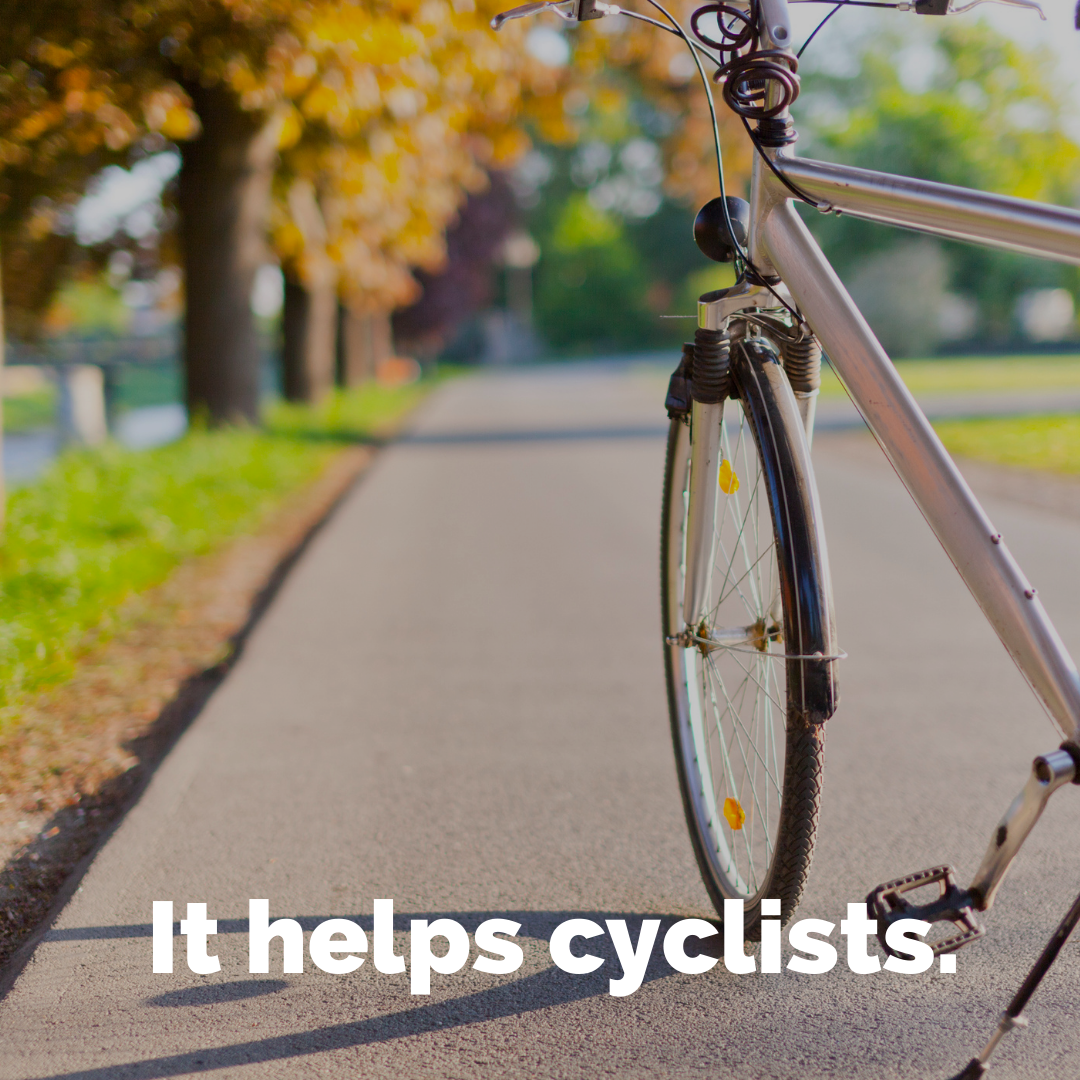
Employer bicycle leasing programs can scale bicycle use, mitigate high up-front costs, and provide convenient access.
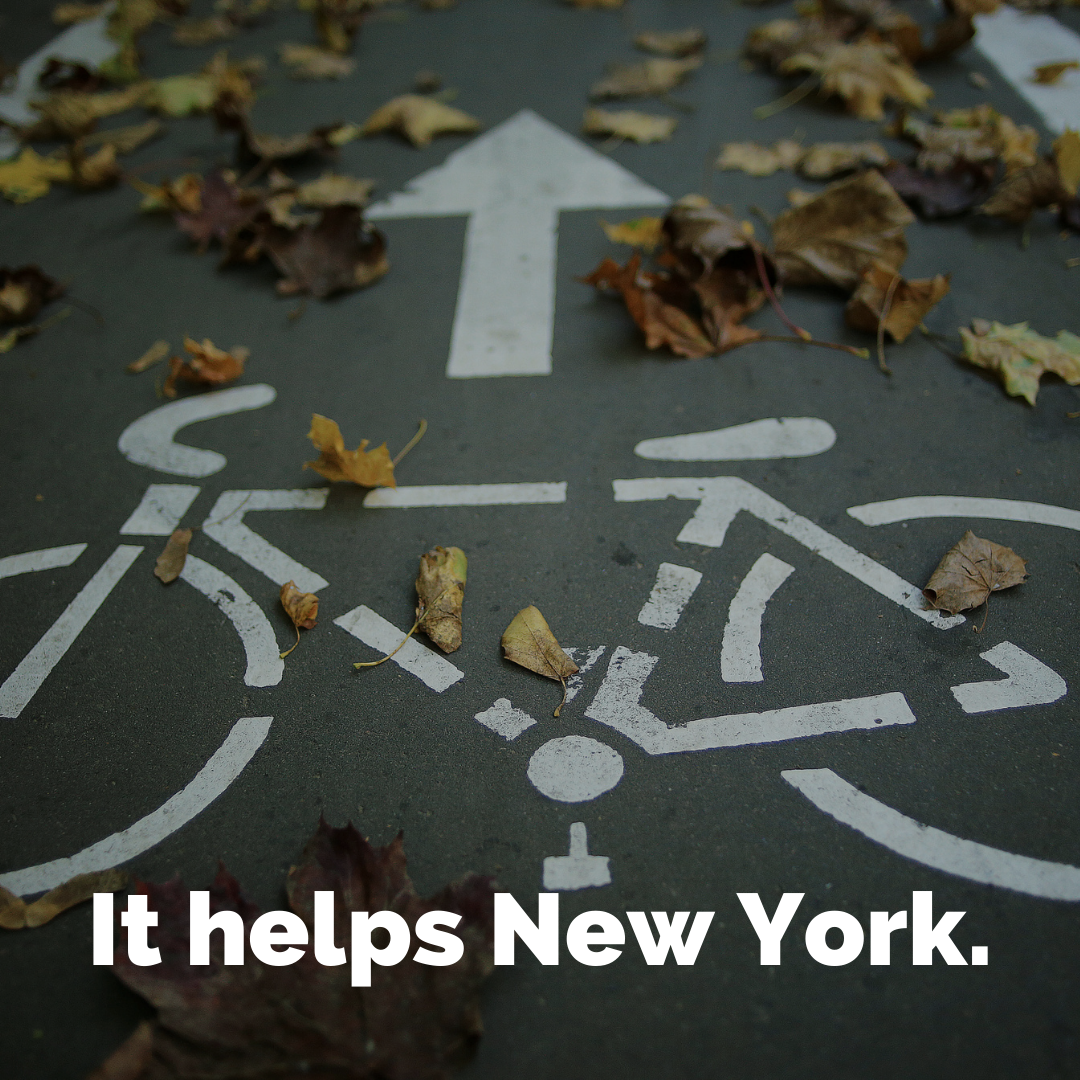
Supports employment, mobility and access in line with mode shift policy goals and infrastructure investments

Concept Showcase
The Concept Showcase
Join the New York City Economic Development Corporation (NYCEDC), in partnership with NYU C2SMART Center, Fraunhofer, and Nelson\Nygaard, as they convene public and private stakeholders toward implementing this bike access model in NYC. The goal of this effort is to define the opportunity and connect stakeholders interested in growing cycling for employees in New York City. The Concept Showcase will evaluate potential approaches to catalyze employer leasing programs for bikes, e-bikes, and scooters in New York City. It will take place on Sept 29, 12 to 1 PM ET. You can register for that event here.

